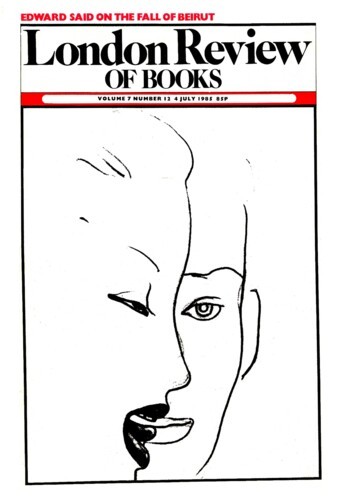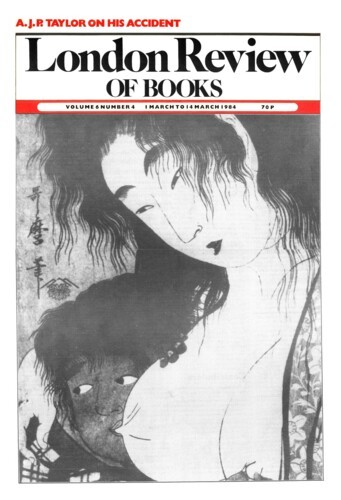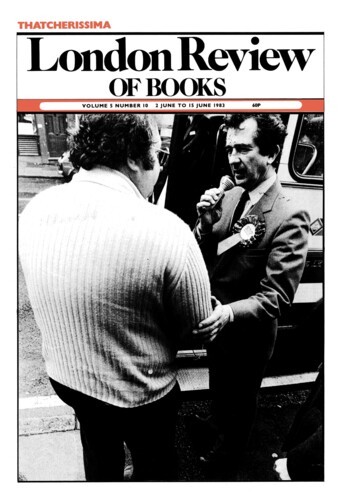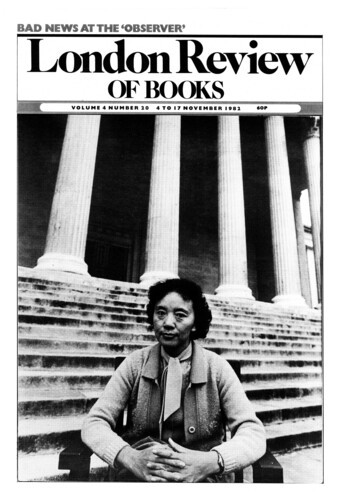The Fall of the Shah
Malise Ruthven, 4 July 1985
The Iranian revolution of 1978-79 is the most massive popular upheaval to have occurred in a developing country since the Second World War. Within a period of a few months the Middle East’s most powerful military autocrat and the West’s most trusted ally in the region had been overthrown by an unarmed but disciplined crowd of citizens acting under the instructions of their religious leaders. As with other major revolutions, including the French and Russian, to which this political earthquake can justly be compared, the new group which inherited power was virtually unknown outside the country. Who, before 1978, had heard of the Ayatollah Khomeini – or even knew what an ayatollah was? But more remarkable than the personalities of the leaders was the fact that this revolution – the first since the 17th century – was religious in inspiration and used the language of religion to articulate its aspirations. The goals of liberation and brotherhood, which are common to all revolutions, were subsumed under the rubric – strange and anachronistic to Western ears – of the Government of God.’




